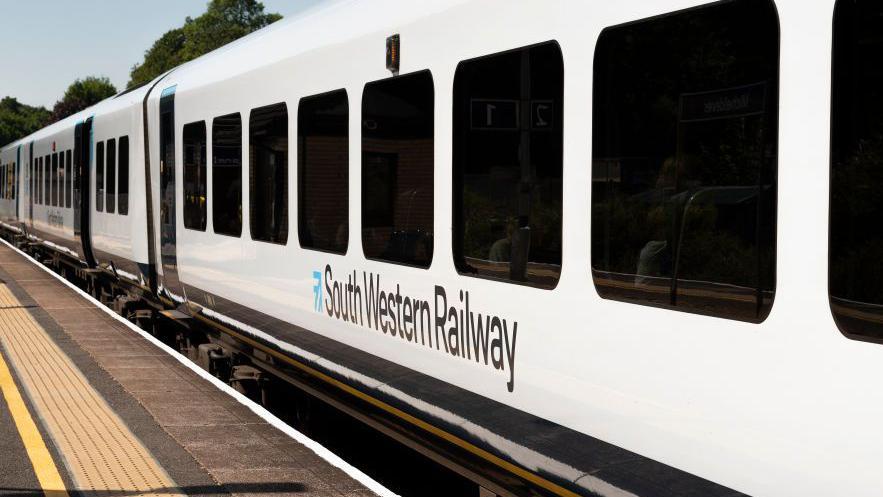South By Eniola Amadu
South Western Railway (SWR) has revealed its loss of an estimate of £45.5m of annual revenue due to passengers travelling without paying for tickets.
The company said that 0.18% of its services had been short-formed over the past year, adding that the introduction of new trains would strengthen the reliability of its current fleet.
However, the total rate of ticketless travel was about 3.9%, according to the data released after a Freedom of Information request was submitted by a campaign group to SWR.
Ticketless travel now at its lowest level has dropped by 40% since 2017.
The services of the rail operators include: London, Surrey, Hampshire, Wiltshire, Somerset, Dorset, and Devon.
SWR spent more than £370,000 reimbursing passengers for hotels and taxis as a result of cancellations and delays, the Freedom of Information request said.
Furthermore, over 7000 trains in the past year had fewer carriages and short formed as a result of some other issues and train faults.
A spokesperson for SWR stated that the “revenue protection team is focused on effectively deterring fare evasion and bringing down the rate of ticketless travel.”
A member of the SWR Watch travel group campaigning for better rail services, Jeremy Varns, said when the services became the first to be renationalised in May under the Labour government, it had degraded.
“My primary concern is a lack of accountability,” he said. “There’s still no publicly accessible contract between the operator, the government, and the Department for Transport.”
In response, SWR said it is currently operating under a transitional arrangement that remains subject to change, adding that a copy of the final Service Agreement will be published in due course.
Varns noted that “It’s crucial that people have a positive experience when using the railway.” Adding that “SWR also needs to ensure that operational decisions are not made at the expense of passengers who have already been inconvenienced.”
“Station skipping continues to occur too often.” he said.
Highlighting their commitment to ensuring customer care, he stated that there is a “duty of care to customers, and in times of significant disruption, we make every effort to ensure customers can complete their journeys”.
Stating their obligations, he said “In line with the National Rail Conditions of Travel, we are obliged to provide customers with alternative means of travel to their destination, such as refundable taxis, or to provide overnight accommodation where we reasonably can”.



